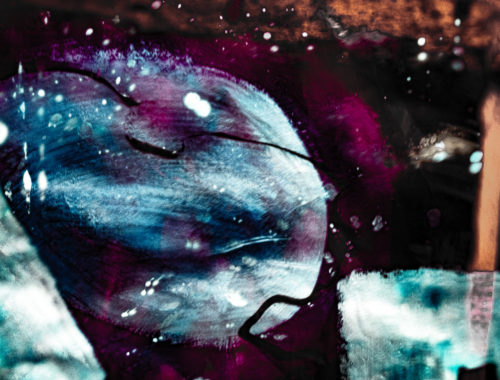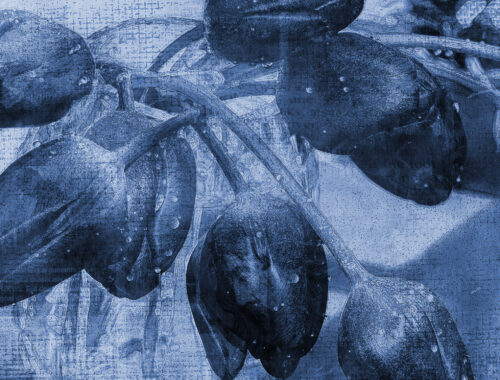
The Gift of Art
My morning included a small scale existential crisis. Robert Bly’s Looking for Dragon Smoke, a book of essays on poetry, was at the top of today’s reading stack, and by the time I finished section three of the first essay, “Six Disciplines that Intensify Poetry,” I was nearly convinced that most of the books in the stack, like Tao Te Ching and Thich Nhat Hanh’s Peace is Every Step, should be replaced by works heavy with soul weight. Had I followed through, my stuffy nose and cough wouldn’t have been the only things slowing me down today.
The other books are staying, but I’ve become more mindful of not just reading about Soul, but actively fortifying it, too.
Not only that, but because life is pretty wonderful, the book at the top of the second-cup-of-coffee reading stack turned out to be The Gift by Lewis Hyde, who is another appreciator of soul weight. He writes in his introduction:
It is the assumption of this book that a work of art is a gift, not a commodity. Or, to state the modern case with more precision, that works of art exist simultaneously in two “economies,” a market economy and a gift economy. Only one of these is essential, however: a work of art can survive without the market, but where there is no gift there is no art.
There are several distinct senses of “gift” that lie behind these ideas, but common to each of them is the notion that a gift is a thing we do not get by our own efforts. We cannot buy it, we cannot acquire it through an act of will. It is bestowed upon us.
Years ago, I followed Madeleine L’Engle along a path winding through the territory of art as gift, and it brought me to the doors of Flannery O’Connor, Jacques Maritain, and modern writers who boldly proclaimed what was meant by Maritain’s assertion (adopted by O’Connor) that an artist “must purify the source.” I am happy to have forgotten the details, and I don’t much care about Maritain’s or O’Connor’s or anybody else’s explanations. I’d rather explore—in my own way—the idea of an artist purifying the source, which, I have come to understand, means relegating the ego (the tyrannical “Little I”) to a tiny attic room with a locked door and soundproof walls, so that the Soul, unhampered with “should”s, can get busy answering the divine call to create art.





One Comment
Pingback: